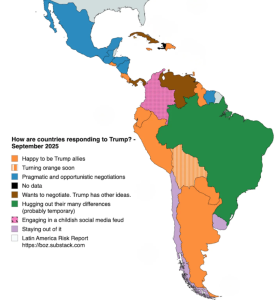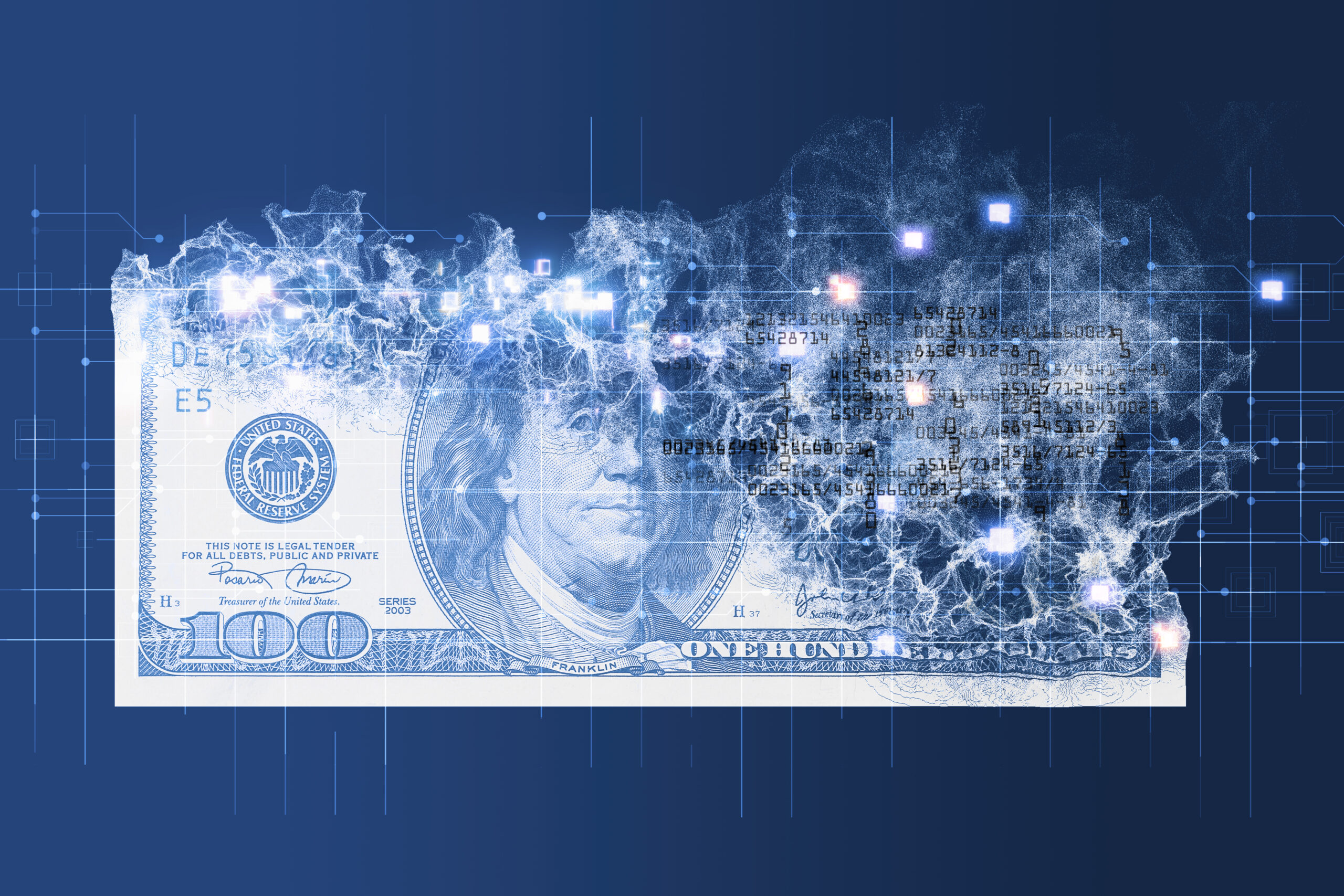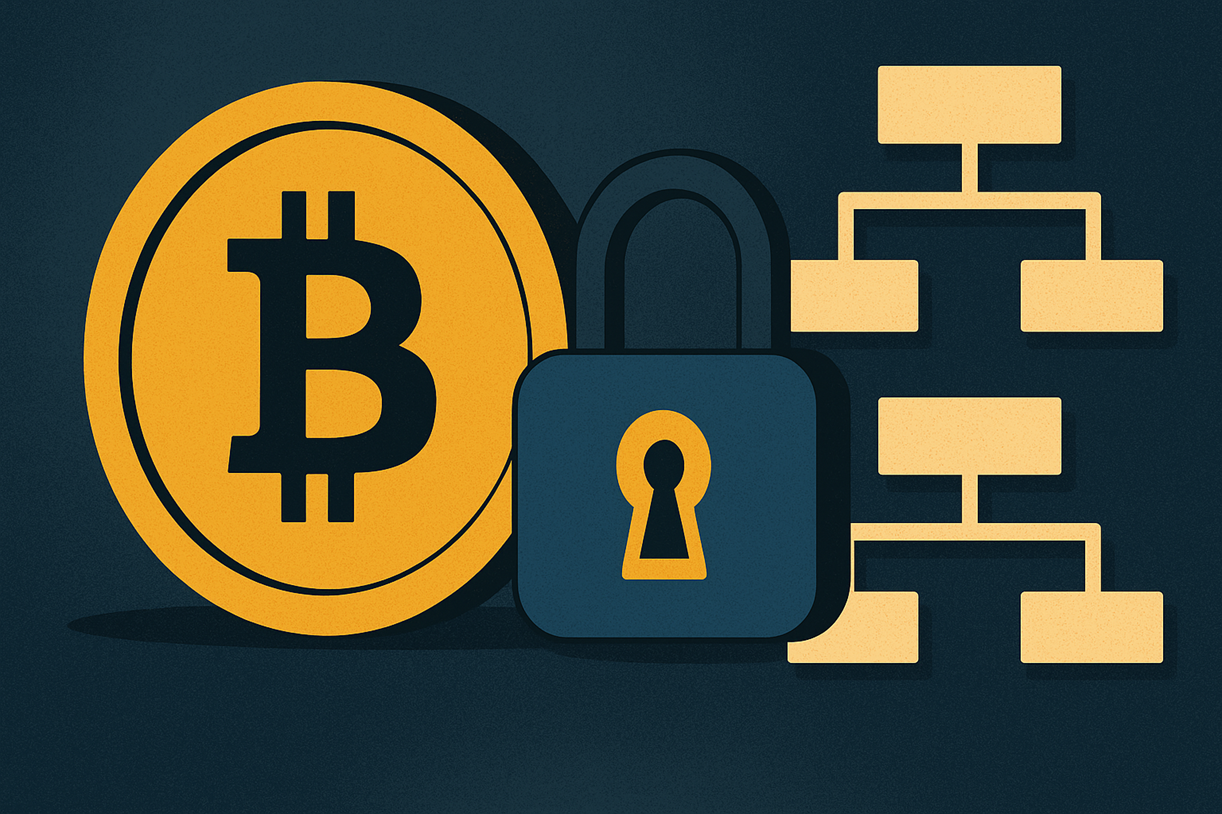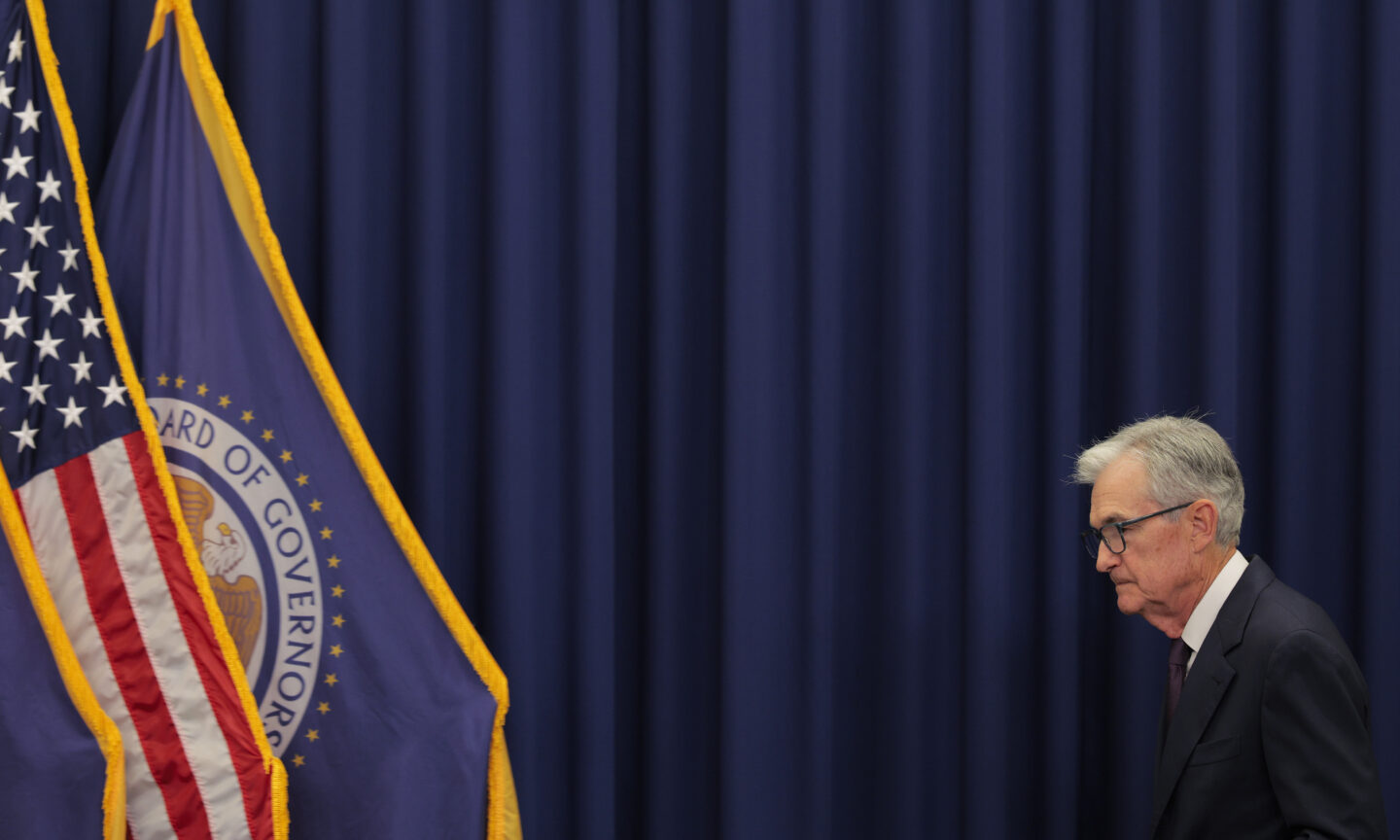On his Substack, Bet On It, Bryan Caplan today posted a segment from his newest book, Unbeatable.
The segment is short and so I recommend reading the whole thing.
One key paragraph:
Mainstream economics and free-market economics: Since I’ve long lived in both of these intellectual worlds, I know their inhabitants well. I don’t just know what these two breeds of economists are like now. I know their life stories – or at least their intellectual biographies. Their “neoliberal” reputation notwithstanding, calling mainstream economists “free-market” – or outright “free-market fundamentalists” – is a joke. Few such economists have ever had free-market sympathies. And even though they’ve won a few Nobel prizes, calling free-market economists “mainstream” or even “dominant” in their profession is likewise absurd. Just because your peers cite you doesn’t mean they like you.
This reminded me of something that happened in one of my classes at the Naval Postgraduate School about 20 years ago.
After only my first few years at the Naval Postgraduate School, I took a tack that I hadn’t tried earlier in my teaching. I told the students up front that if we became friends and they invited me to a poker game when the course was over, I would decline because I have the opposite of a poker face. The relevance, I said, was that when I taught, say, the minimum wage, my face would show my upset at politicians who do these things and, more important, my upset at the horrid results. So I owned up the first day to calling my self a small l libertarian. (By the way, the first time I did this, I was shocked when I read my end-of-quarter teacher evaluations. No one commented negatively on my revealing my political bias. To the extent they commented, they said it was refreshing to see someone admit his bias and not put on an act.)
Now to the incident 20 years ago. We were well along in the quarter and I had showed the students why free trade is good for both sides: how rent controls causes shortages and reduces the quantity and quality of housing; why the gasoline lineups their parents experienced were due to price controls on gasoline; how minimum wages priced the least skilled workers out of the job market; and a number of other things.
Remember that my students were military officers who were typically age 28 to 40 and had been around the world. So they had seen a lot of things and were fairly aware politically.
One student said, “Wow, in light of what we’re learning, I bet there aren’t many Democratic economists.”
I answered that I could see why he said that but that the reality was that the ratio of Democratic to Republican and Libertarian economics professors was about 4 to 1.
He was stunned. As I looked around the class, I could see that many of the students were equally stunned. How could this be?
I didn’t have a good explanation. I said that many of them came into economics from math and saw economics as a technical field. They hadn’t gone through Ph.D. programs like mine at UCLA and were involved in typically tiny parts of economics. That’s the best I had. And maybe I’m giving myself too much credit. I know I blamed math but I’m not sure I blamed narrow specialization.
Well, Bryan Caplan nails it. Here’s what he goes on to write:
The biography of a typical mainstream economist starts with a conventional left-wing teenage intellectual from an upper-middle-class home. His parents and school are center-left, but their complacency disturbs him. They pay lip service, while he believes. In college, he discovers economics – and realizes that the world is more complex than he thought. Eventually, the budding economist concludes that a few conventional left-wing views are overstated or mistaken. Support for rent control is a classic example. If you know no economics, rent control sounds like a fine idea: Want the poor to have affordable housing?[i] Then pass a law requiring wealthy landlords to rent at affordable rates. Intro econ highlights rent control’s big negative side effects: shortages, low quality, and dwindling quantity. Politically, though, “a few conventional left-wing views are overstated or mistaken” is normally the end of the line. If you start out as a conventional teenage leftist intellectual, undergraduate economics turns you into a slightly-contrarian twenty-something leftist intellectual.
For most students who fit this profile, admittedly, intellectual curiosity is only a phase. They end up in non-intellectual jobs and turn into their center-left parents. They may even forget that a few conventional left-wing views are overstated or mistaken. The future mainstream economists, however, stay the course. Soon after earning their undergraduate degrees, they continue on to graduate school, where they acquire two new sets of skills.
First, they spend two years grappling with mathematical economic theory. This is demanding material, but too otherworldly to shift grad students’ economic policy views. High theory presents dozens of esoteric ways for markets to fail, but Ph.D. students normally learned all the standard market failures as undergrads. If you’re already deeply worried about imperfect competition, asymmetric information, and externalities, discovering more exotic market failures rarely makes you like markets less. [DRH note: did Bryan mean more?]
Second, unless they become pure theorists, grad students immerse themselves in one or two bodies of ultra-specific empirical research. This immersion occasionally shifts economists’ policy views in their areas of specialization. Yet the maximum effect is small because the volume of research is so massive that most economists end up with no more than a few narrow topics of expertise. In all other areas, mainstream Ph.D. students graduate with virtually the same policy views they held when they started grad school. Minor tweaks aside, that’s where they stay for the rest of their careers. They transition from conventional teenage leftist intellectuals to slightly contrarian twenty-something leftist intellectuals to slightly-contrarian mature leftist intellectuals. Possibly with truly contrarian economic policy views in a few ultra-specific areas they know best. Otherwise, mainstream economists barely connect their life’s work to economic policy. When policy comes up, most take off their researcher hat, and put on their slightly-contrarian left-wing intellectual hat.
At UCLA, by the way, we graduate students had so many ah-hah moments as we learned the material that we started talking among ourselves about this same puzzle. A graduate student who was senior to me, Ted Frech (actually, Harry Edward Frech III) put it well. He said that it almost doesn’t occur to smart economists that there’s a tight connection between economics and the real world. I still remember Ted’s quip: “Paul Samuelson goes home from work and his wife tells him that the price of steak rose by 50 cents a pound; he responds, ‘Shoot the butcher.’”
Postscript: I pointed out where I thought Bryan meant “less,” not “more.” No, he assured me, he meant less. Here’s how he explained it in an email:
My point is that grad school doesn’t make leftist economists more leftist.


























